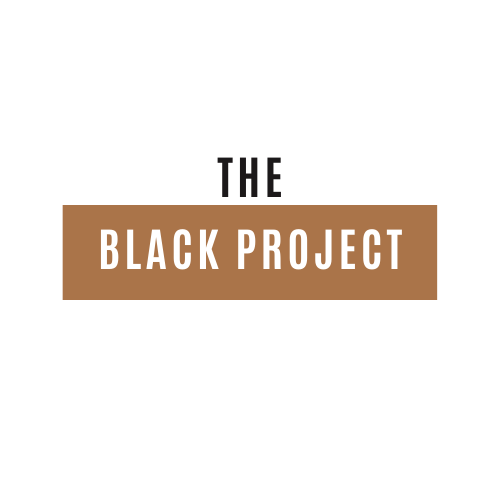Theatre Review: Marble Cake, The Bridge House Theatre
⭑⭑⭑⭑
Marble Cake delves into the relationship between a mixed-race brother and sister, Kumi (Nathaniel Allen) and Keisha (Olivia Penhallow), who come together for the first time in months. Showcased at The Bridge House Theatre, this experience was unique. With the theatre space situated on top of a pub and located a stone's throw from Penge West station (where you could hear the overground trains pass during the performance), the audience were invited into an intimate space to witness intimate moments.
Entering the theatre space, we were instantly transported into a living room setting and couldn’t help but notice someone lounging on the sofa. As I sat behind an armchair, this immersive setting filled me with intrigue and excitement for what awaited us.
Let me take you on a journey of the play’s themes...
FAMILY DYNAMICS: The typical sibling relationship is evident throughout. Taking a seat on an emotional rollercoaster, we witnessed how quickly banter turned to bickering and belligerence. When updating each other on their lives, there is a clear distinction between Kumi and Keisha’s perceived progression and as a result, there is a sense of animosity from Kumi.
IDENTITY AND SELF DISCOVERY: Both characters grapple with questions around identity and sense of belonging.
With White Irish (maternal) and Black Nigerian (paternal) heritage, we see the impact each culture has had on them. Though bound by blood, their experiences couldn’t be further apart. Keisha felt like she was treated differently in Ireland due to being darker skinned and felt Kumi received more praise due to being white-passing.
Despite having an absent father, sayings such as “Maths is money and water is life” were still able to be passed down through generations. Keisha displays a desire to go to Nigeria to connect with the culture. She feels like a fraud due to not knowing the Igbo language. When discussing themes of community in Nigeria, the use of background sound was brilliantly executed. The audience were given a taste of Nigeria and it also further emphasised Keisha’s longing to visit. Contrastingly, Kumi is apprehensive to visit Nigeria due to language barriers and feeling like he wouldn’t be accepted.
Keisha calling her brother "the whitest black person" leads to an argument and emotional discussion around racial identity, stereotypes and perceptions of blackness. Both Kumi and Keisha grapple with the challenges of being mixed-raced, including feelings of not fully belonging to either racial group and navigating societal perceptions of mixed-raced individuals.
GENDER ROLES AND MASCULINITY: When Keisha reveals how she moved in with her boyfriend, Kumi appears to feel emasculated by Keisha’s independence and success. He questions why she didn’t ask for help to move in. The stereotypical gender roles of brother and sister are reversed. Kumi is clearly struggling with the day to day responsibilities of caring for his mother and maintaining a household all alone while Keisha is excelling in her career, rarely checks in or visits the family home. Keisha’s actions are reminiscent of their absent father. There are also drastic changes to other aspects of Kumi’s life from romantic relationships to friendships. He is unfulfilled in his work and is not pursuing his creative dreams. It’s clear that he uses alcohol to cope and suppresses his emotions. It is not until Keisha visits that this information is reluctantly revealed over a course of discussions and emotional outbursts.
The challenges many mixed-raced people face was well depicted. The use of music and dance was creatively used to emphasise culture and connectivity (Burna Boy Anybody / an Irish song sang by Keisha taught by her Grandmother) and emotional turmoil (Frank Sinatra - That’s Life). Overall, this play served as a stark reminder of how important it is to communicate and nurture relationships and find your purpose/identity.

